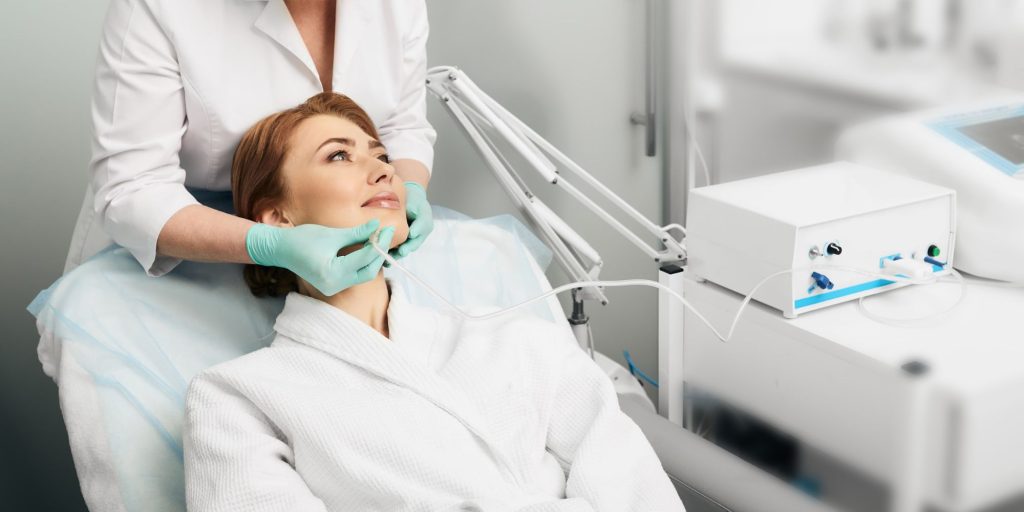Because of its supposed medical benefits, ozone therapy—which uses ozone gas to improve oxygen delivery in the body—has become rather common. Advocates promise it can help with general wellbeing as well as with curing various conditions, from diseases to continuous pain. Nevertheless, what is ozone therapy knowing the two possible benefits and the linked hazards is basic even before considering this therapy.
What is ozone therapy?
Administering ozone gas—either through infusions, intravenous mixes, or insufflation—in Ozone Therapy Ozone treatment’s thought is that it can increase body oxygen levels, therefore enabling additional development, invigorating the safe framework, and promoting mending. Made of three oxygen iotas, ozone is a particle with great oxidative power that some researchers agree can fight bacteria and lower inflammation.
Possible Advantages
Proponents of ozone treatment list several possible advantages:
- Ozone treatment is thought to increase the body’s accessibility to oxygen, hence supporting the future development of energy levels and backing metabolic capacity.
- A few studies suggest that ozone treatment may aid in reducing inflammation, which would be beneficial for those with continuous fiery conditions like arthritis.
- Ozone infusions have been identified to help with discomfort by further increasing the bloodstream and reducing aggravation, thus providing relief for several types of pain, including joint and back agony.
- Ozone could animate the insusceptible framework, so helping the body fight illnesses and other infections all the more truly.

Problems and Issues
- Although its use varies generally among professionals, ozone treatment is not all around accepted in standard medicine. This lack of standardizing begs questions regarding viability and welfare.
- A few patients may have adverse symptoms following treatment, including migraines, nausea, or tiredness. More major problems can result from improper ozone dosage, causing respiratory problems or other medical disorders.
- Although some studies show possible advantages, more comprehensive research is expected to prove the feasibility and welfare of ozone treatment. Many cases depend more on episodic proof than on robust clinical preliminary.
- Ozone treatment might not be reasonable for everyone, particularly for pregnant women or people with particular diseases like respiratory conditions.
See a medical practitioner for instruction on what is ozone therapy in view of your specific wellness demands and concerns before considering ozone treatment. Although ozone treatment may have certain advantages, choosing a course of action depends mostly on knowledge of the connected hazards and the present state of research. Similarly, with any elective treatment, careful consideration and professional advice can help you investigate the nuances of ozone treatment and determine whether it is appropriate for you. While looking at new treatment options, always keep security and proof-based practices a priority.

















